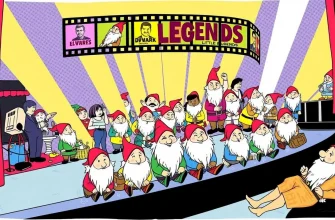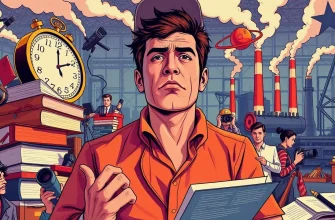There's something truly captivating about the stories of those who've been shunned by society yet managed to carve out their own paths to success. These biopics not only entertain but also inspire, shedding light on the lives of individuals who faced adversity head-on. From musicians to writers, these films delve into the lives of those who were once considered outcasts, offering a profound look at human resilience and the quest for acceptance.
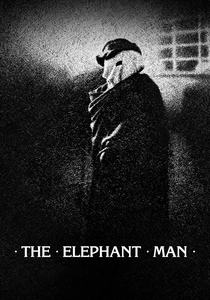
The Elephant Man (1980)
Description: This film tells the heart-wrenching story of Joseph Merrick, a man with severe deformities, who was treated as a freak show attraction before finding kindness and understanding. It's a poignant exploration of humanity and the desire for connection.
Fact: The film was shot in black and white to reflect the era and to focus on the emotional depth rather than the physical appearance of Merrick.
 Watch Now
Watch Now

Frida (2002)
Description: Frida Kahlo, an artist known for her surrealistic self-portraits, lived a life of pain and passion, often feeling like an outcast due to her physical ailments and tumultuous relationship with Diego Rivera.
Fact: Salma Hayek, who played Frida, was nominated for an Academy Award for Best Actress.
 Watch Now
Watch Now

The Pianist (2002)
Description: Władysław Szpilman, a Polish-Jewish pianist, survives the Holocaust by hiding in the ruins of Warsaw, becoming an outcast in his own city.
Fact: Adrien Brody lost 30 pounds for the role and learned to play Chopin's music.
 Watch Now
Watch Now
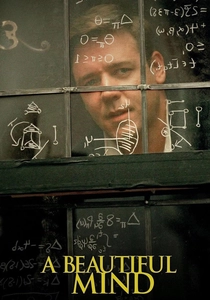
A Beautiful Mind (2001)
Description: John Nash, a brilliant mathematician, battles schizophrenia, which isolates him from the world. His journey from outcast to Nobel Prize winner is a testament to the human spirit's resilience.
Fact: The film took liberties with Nash's life story, particularly regarding the timeline of his mental health issues.
 Watch Now
Watch Now
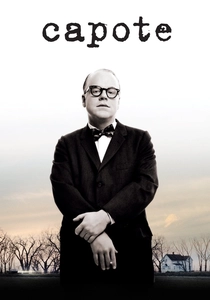
Capote (2005)
Description: Truman Capote, a flamboyant and controversial figure, becomes an outcast in his own right as he delves into the dark world of murderers for his book "In Cold Blood." This film captures his complex journey and the moral dilemmas he faces.
Fact: Philip Seymour Hoffman won an Academy Award for Best Actor for his portrayal of Capote.
 Watch Now
Watch Now
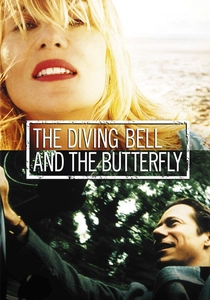
The Diving Bell and the Butterfly (2007)
Description: Jean-Dominique Bauby, editor of Elle magazine, suffers a stroke that leaves him with locked-in syndrome. His story of communicating through blinking one eye to write a memoir is both tragic and uplifting.
Fact: The film was shot from Bauby's point of view, with the camera often representing his limited field of vision.
 Watch Now
Watch Now
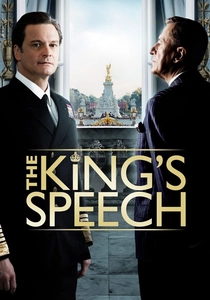
The King's Speech (2010)
Description: King George VI, who stuttered, felt like an outcast due to his speech impediment, especially when he had to address the nation during WWII.
Fact: The film was the first to be released in the UK with a 12A rating, allowing children under 12 to see it with an adult.
 Watch Now
Watch Now

The Imitation Game (2014)
Description: Alan Turing, a genius mathematician, was ostracized for his homosexuality, yet his work during WWII was crucial in breaking the Enigma code.
Fact: Benedict Cumberbatch was nominated for an Academy Award for Best Actor for his role as Turing.
 Watch Now
Watch Now
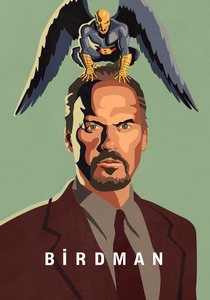
Birdman (2014)
Description: Riggan Thomson, once a superhero actor, now struggles to regain relevance in the theatre world, feeling like an outcast in the industry he once dominated.
Fact: The film appears to be shot in one continuous take, an impressive feat of filmmaking.
 Watch Now
Watch Now
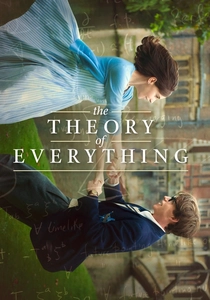
The Theory of Everything (2014)
Description: Stephen Hawking's life, marked by his battle with motor neuron disease, his groundbreaking work in physics, and his personal life, showcases how one can transcend physical limitations.
Fact: Eddie Redmayne won an Academy Award for Best Actor for his portrayal of Hawking.
 Watch Now
Watch Now








